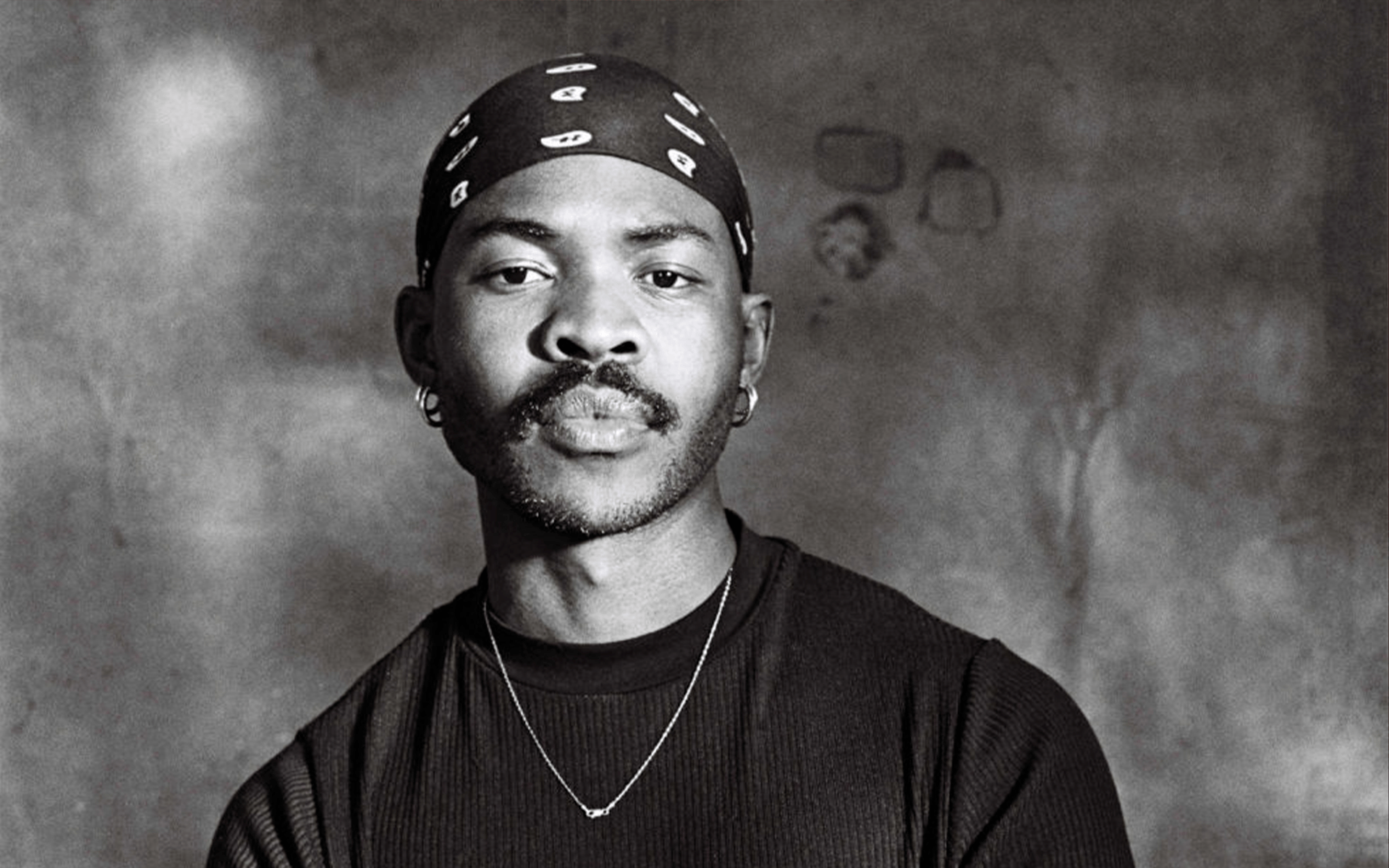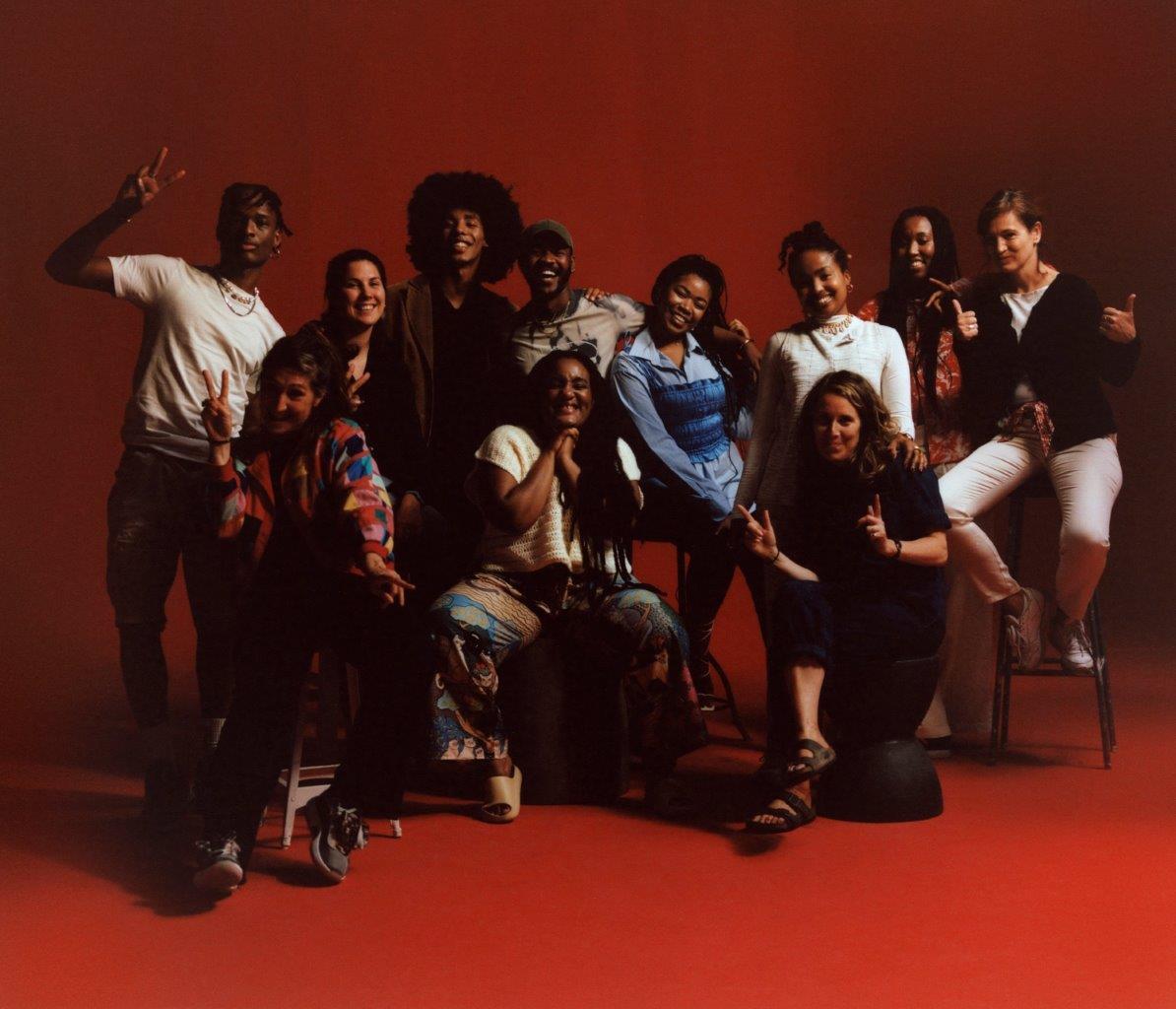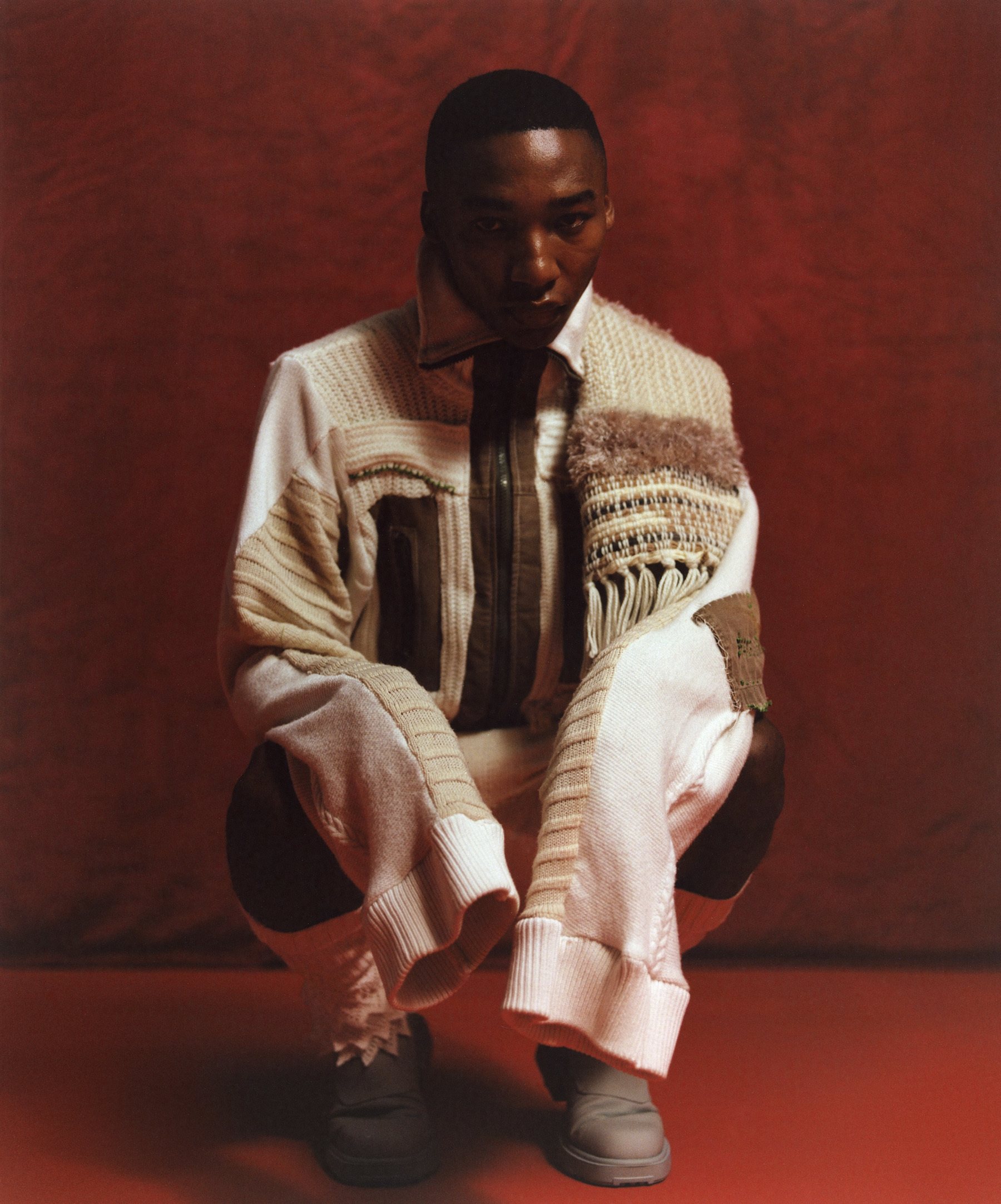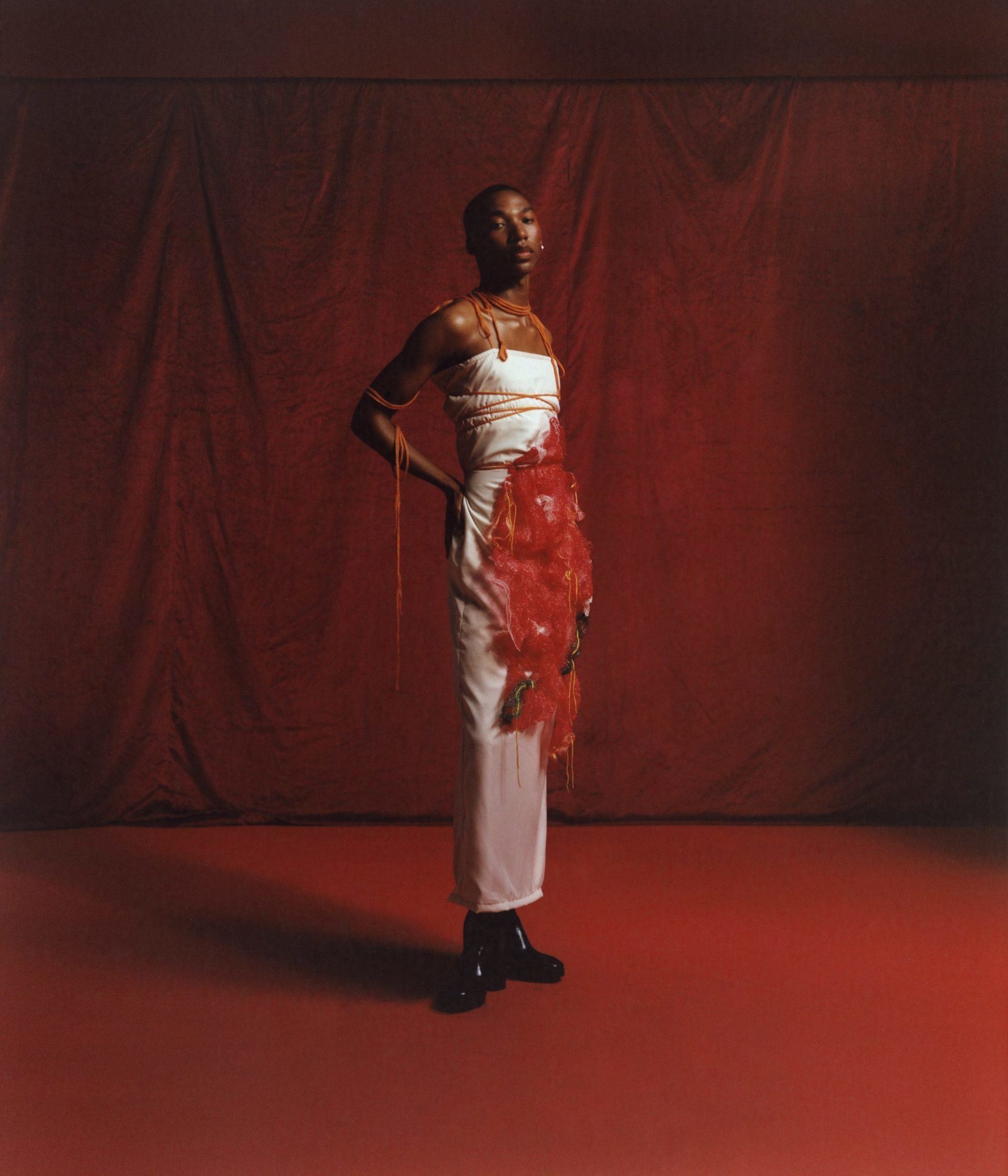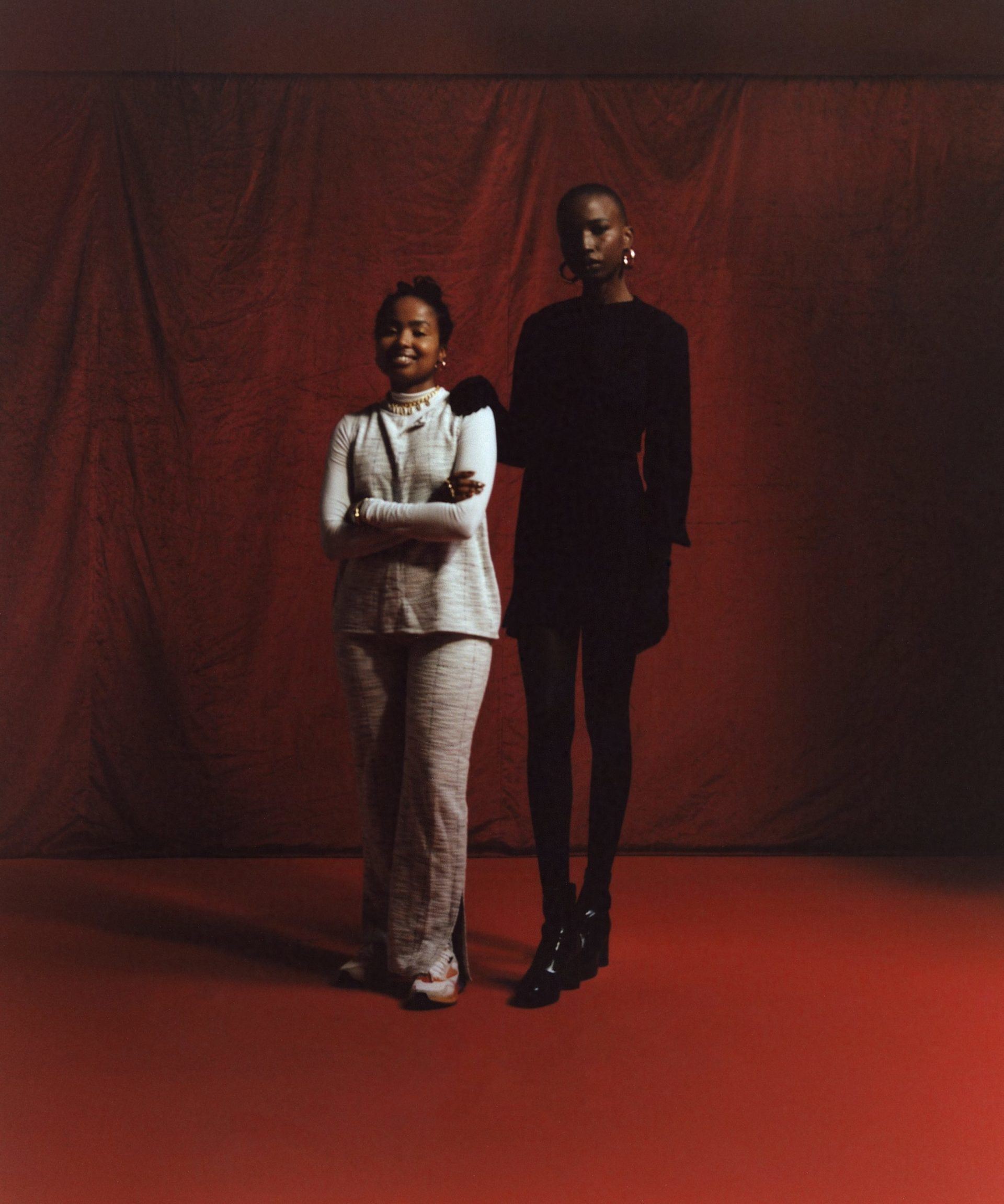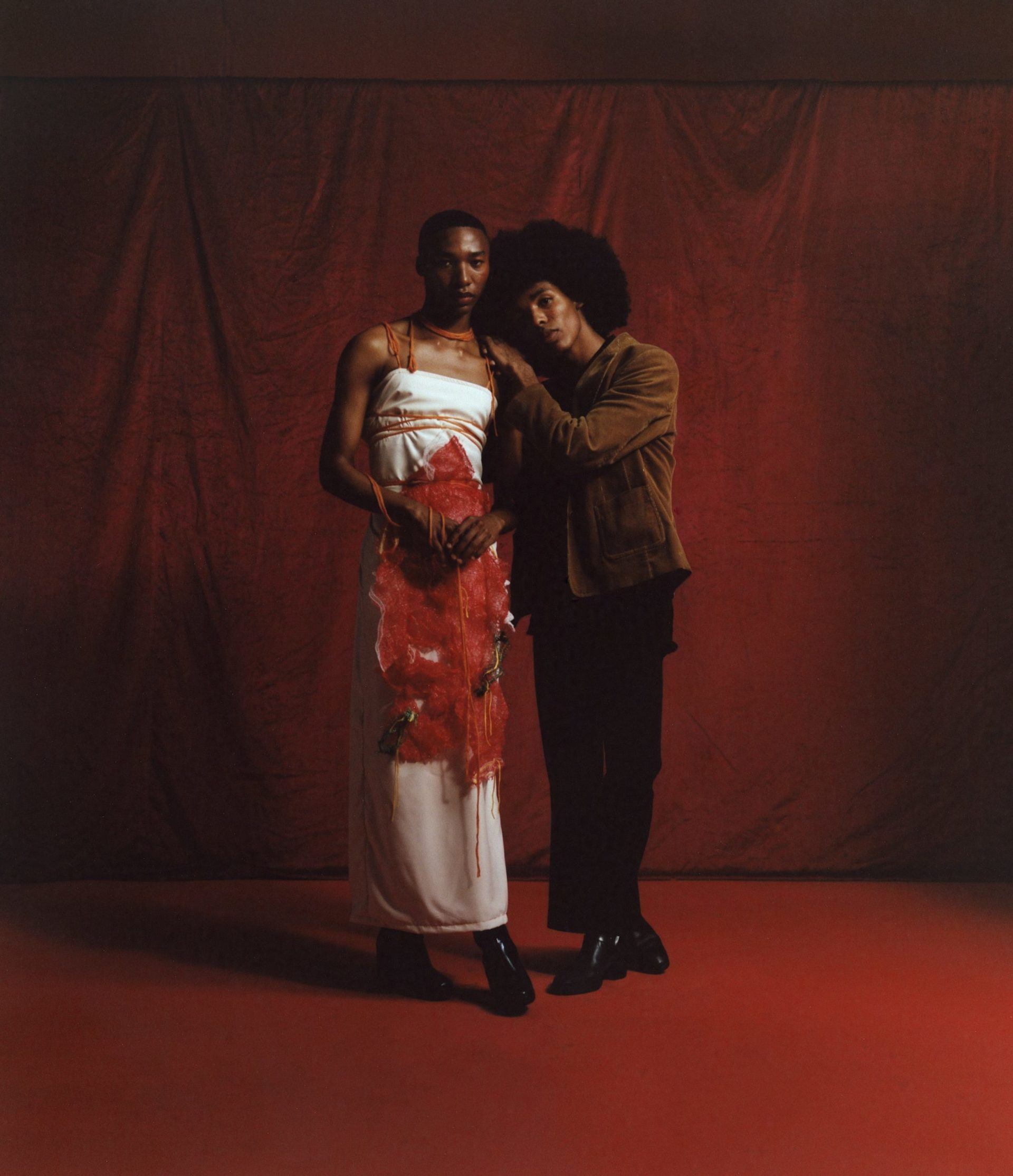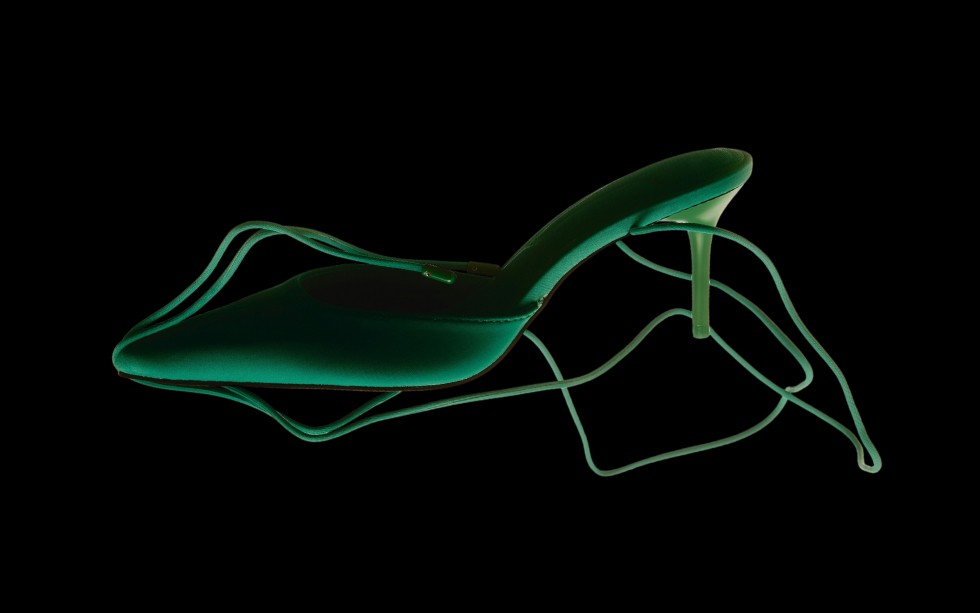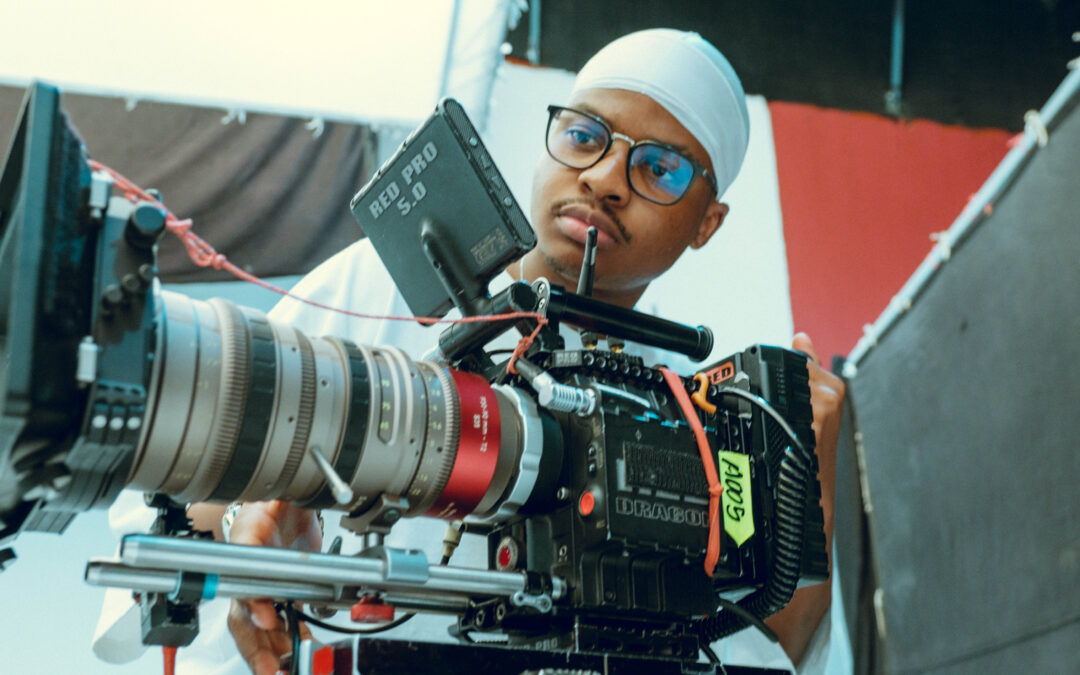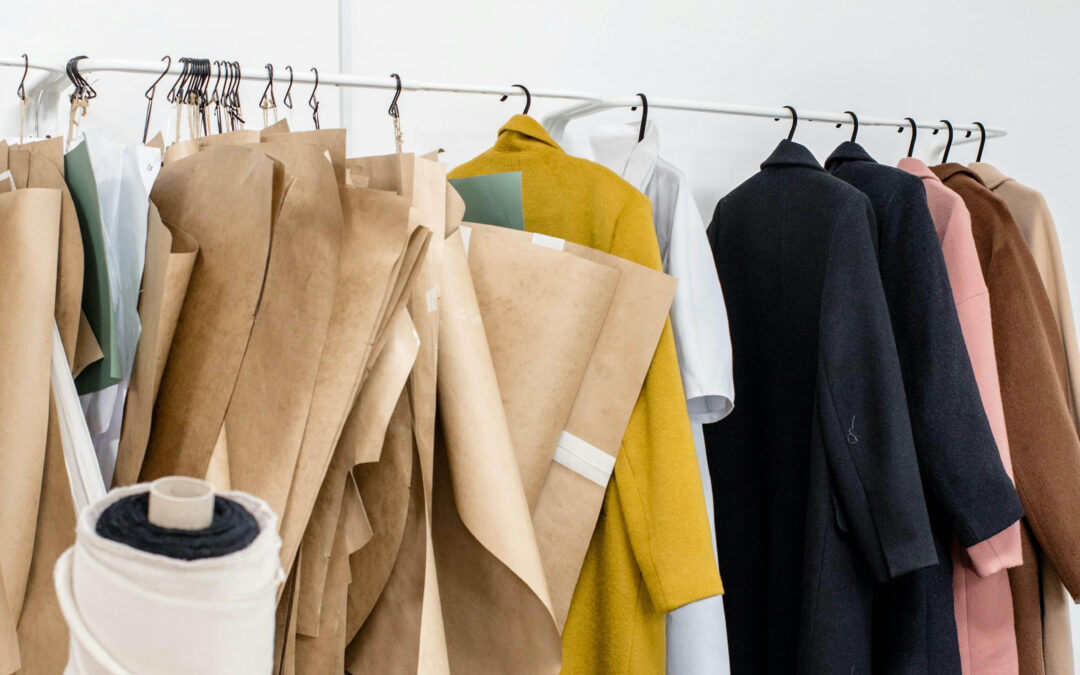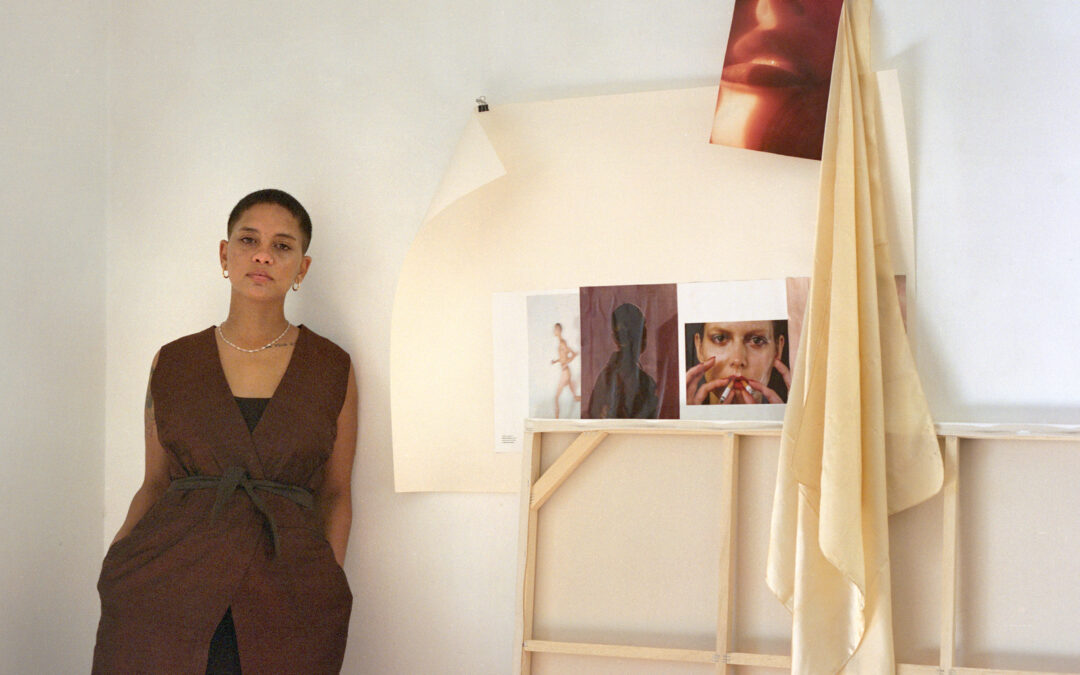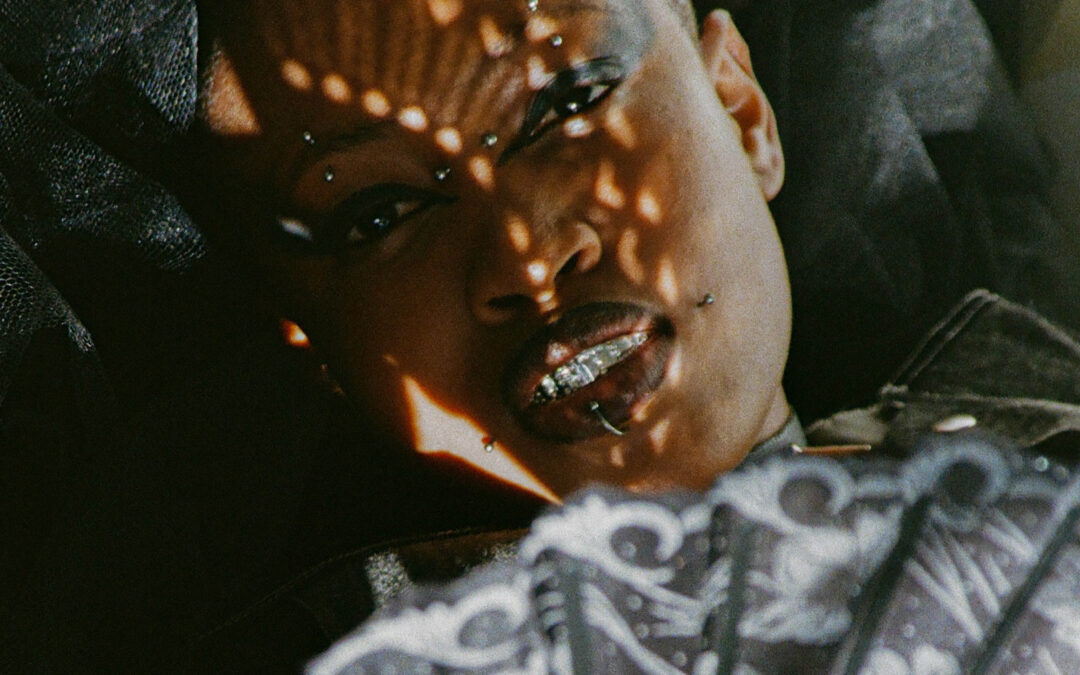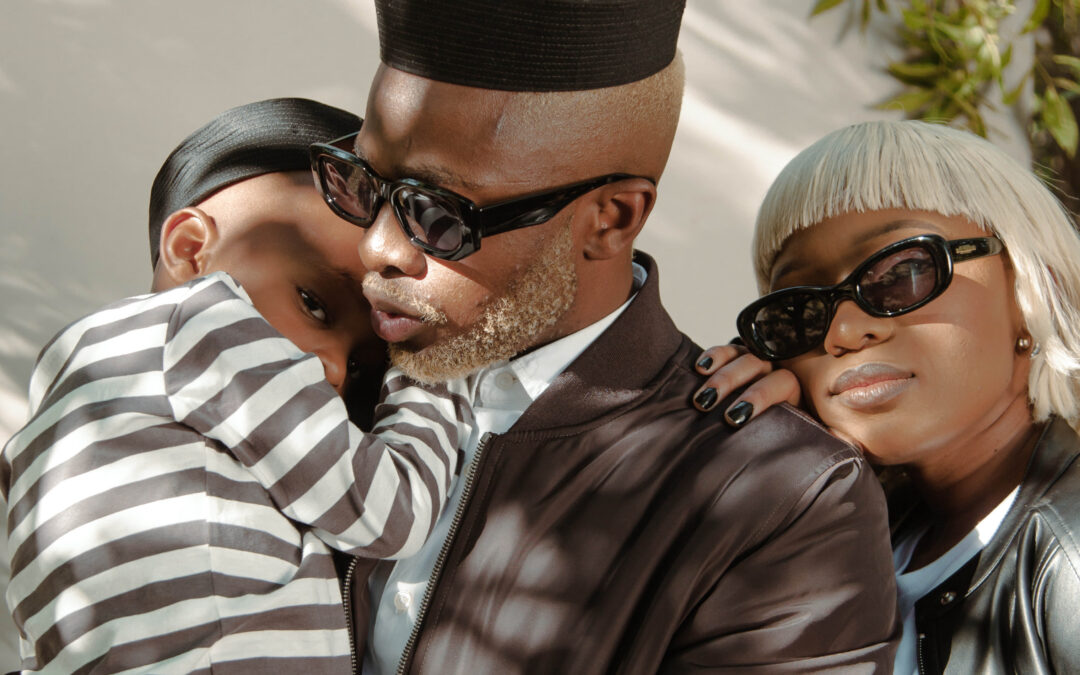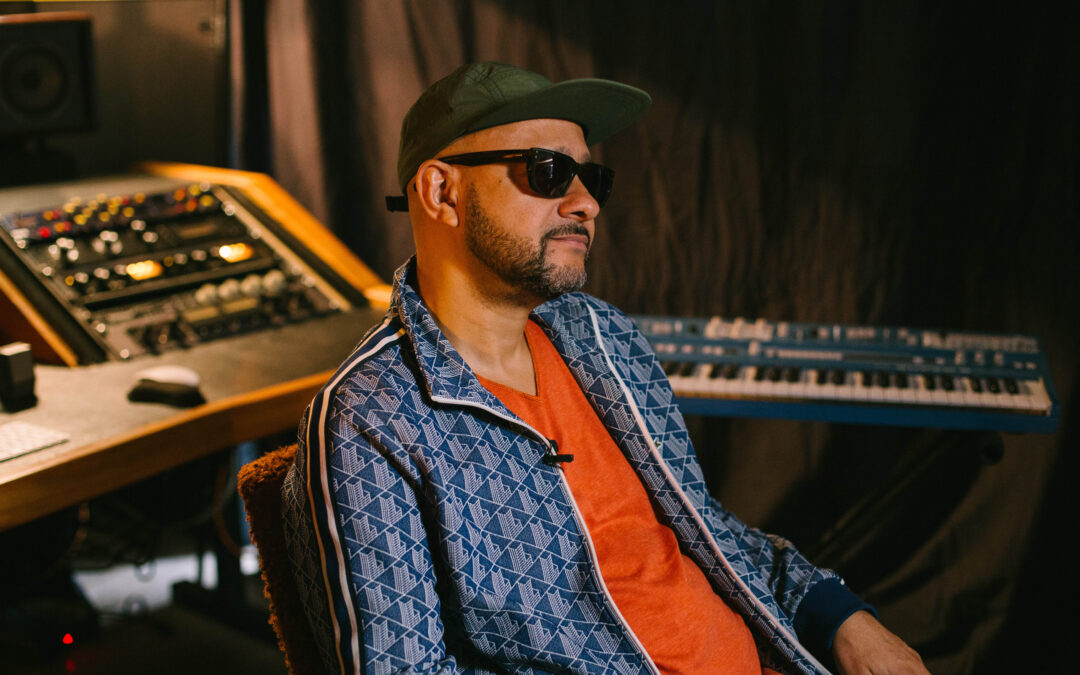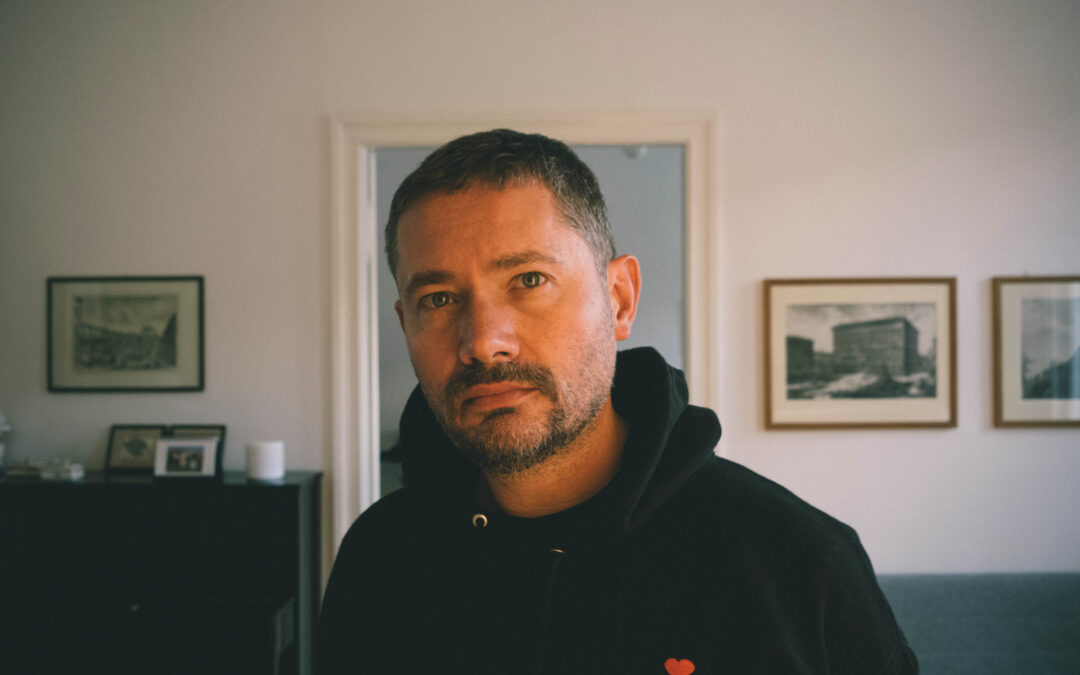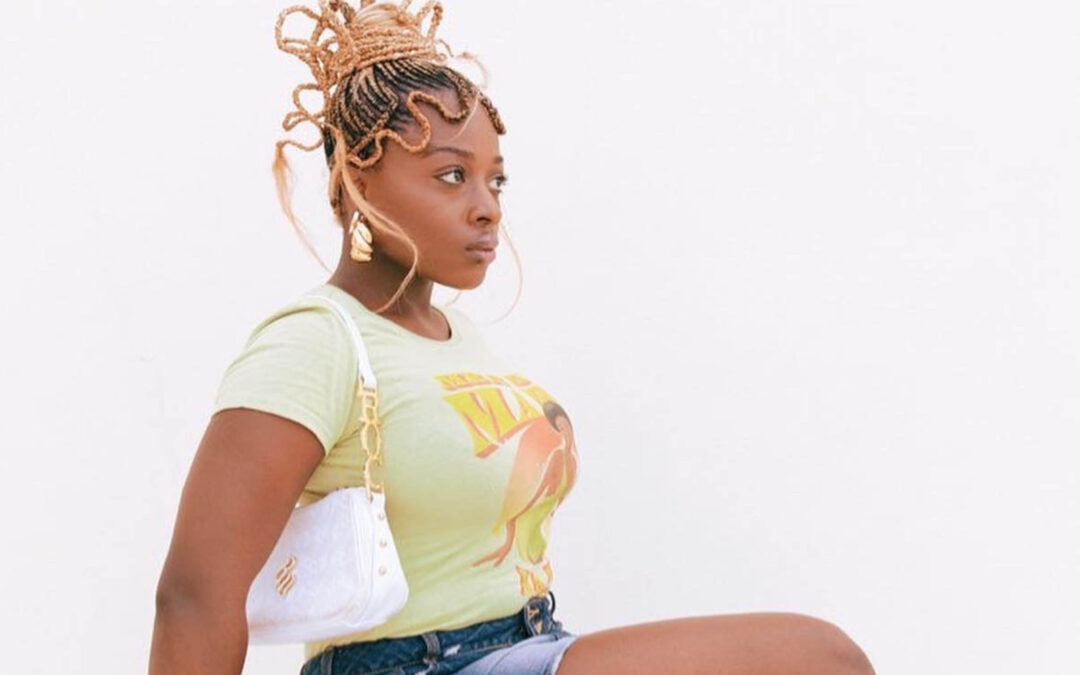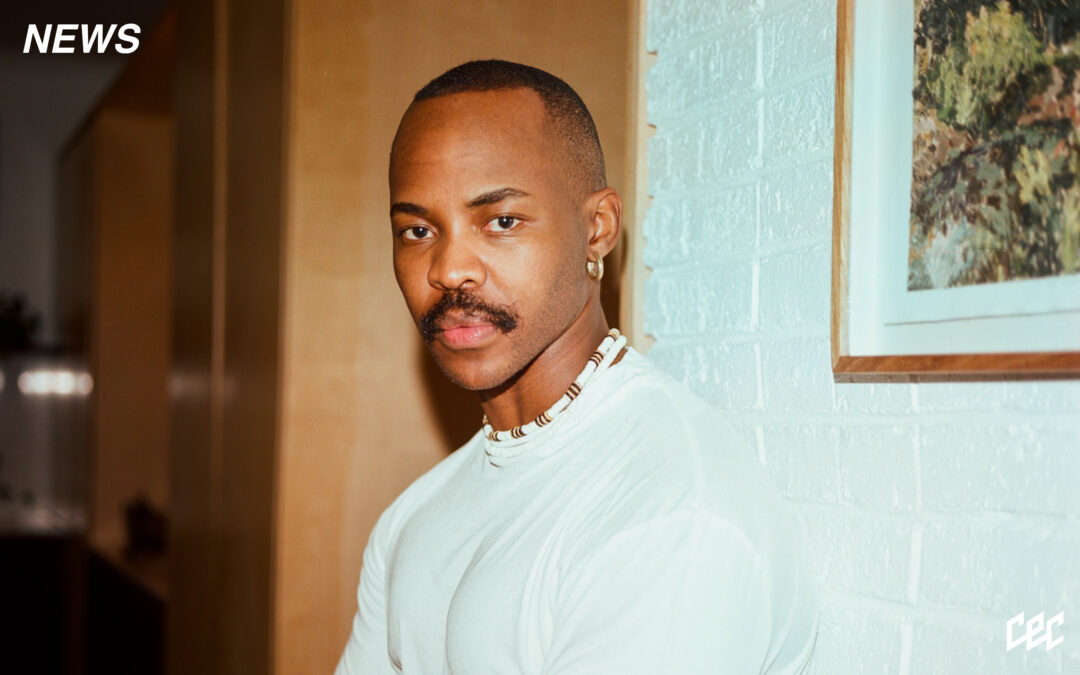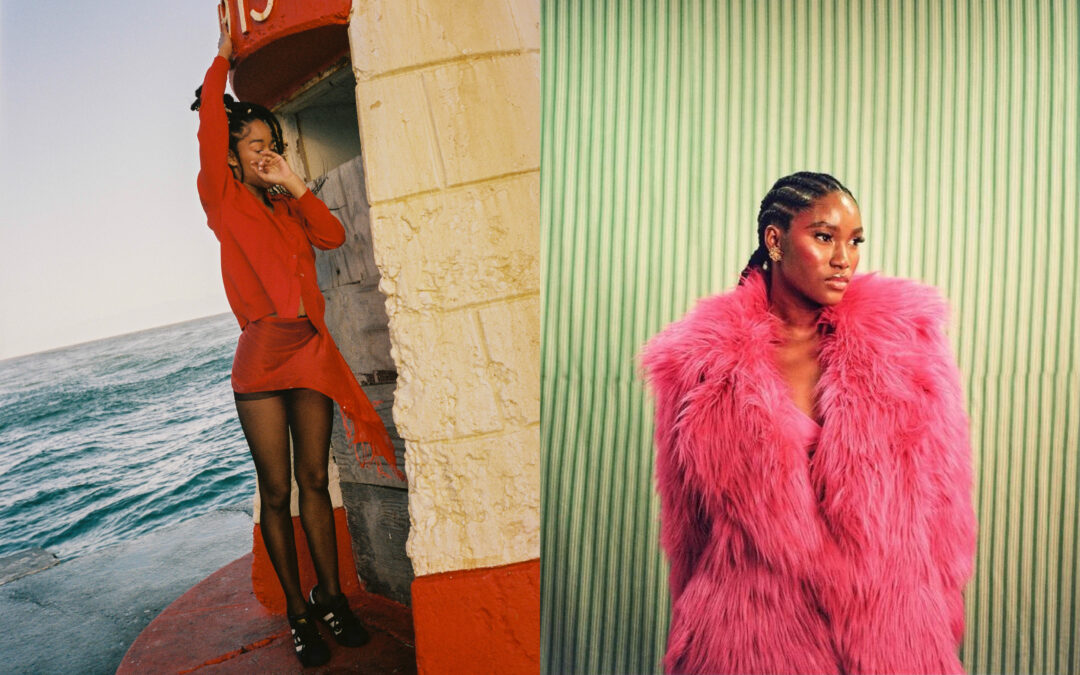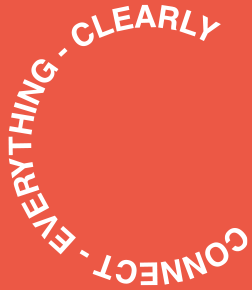Since the inception of his eponymous label in 2015, Lukhanyo Mdingi has charted a course that exists as a testimony for the spirit of design – in which design can be understood and practiced to bring forth community and collaboration. This is evident in the label’s continued dedication to nurturing relationships – such as its relationship with the Ethical Fashion Initiative, and as the most recent recipient of the LVMH Karl Lagerfeld Prize in 2021.
Knowing Lukhanyo is to know someone who believes irrevocably in human beings; he is the champion and support of so many creatives in South Africa – and this earnest encouragement with which he navigates his career and relationship I see as true integrity, a quality that is irreplaceable in the world of fashion. At the end of 2021, Lukhanyo joined three other incredible mentors – Buki Akomolafe, Nadine Gonzalez and Olga Pham – to spend three months working with five emerging designers for the True Fashion: Try on Green programme. I truly believe spaces such as these are so needed; the images alone from the final shoot showcases a variety of exceptional and distinctive talent and curiosity among Xola Makoba, Burton Miles, Khumo Morejele, Zovuyo Mputa and Nkosazana Hlalethwa – the five emerging designers in the programme.
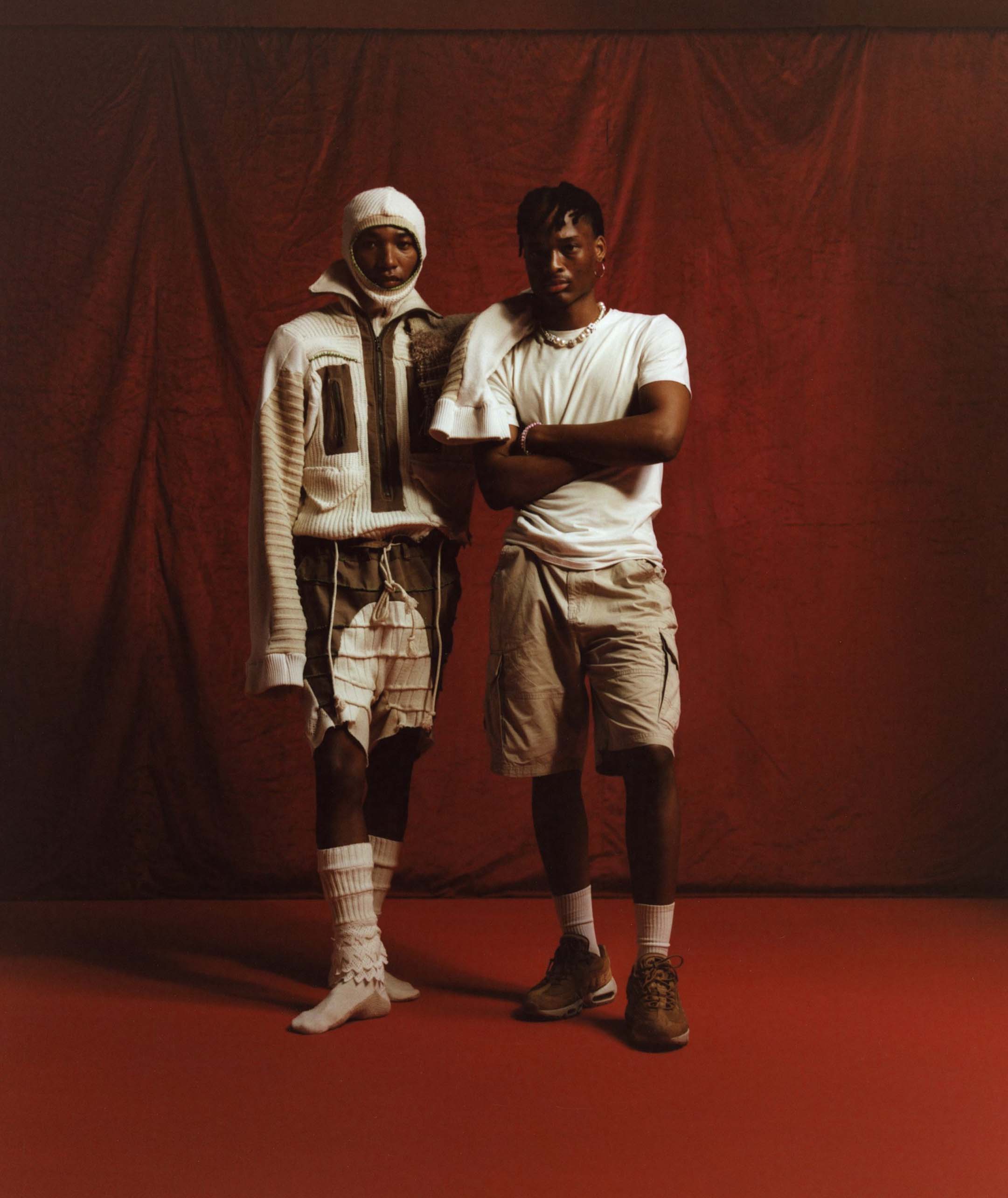
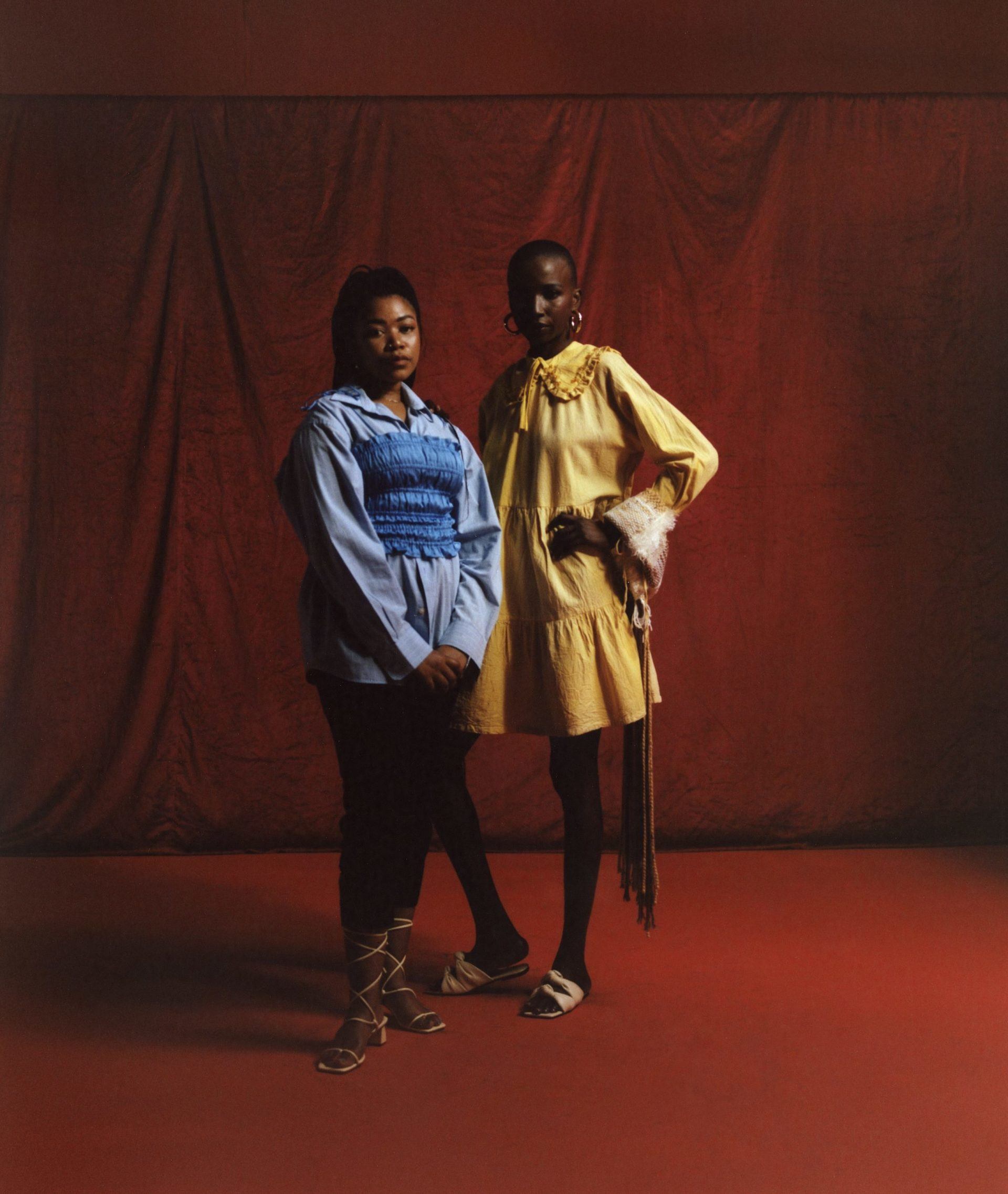
I was eager to know more from Lukhanyo as a leader in South African fashion around mentorship, sustainability and the necessity of education.
In an industry that is largely perceived as gate-kept, how important is it to have spaces such as the True Green fashion initiative to nurture the up-coming generation of designers?
It’s incredibly important. The reality is that time is the only constant – especially in this industry that is cyclical by nature – change is always inevitable. To nurture the foundations of future designers is to also nurture their entrepreneurial capabilities, and in turn create communities. I have seen how mentorship brings a larger audience to emerging designers and this is incredibly valuable for any longevity within the vision of their labels or brands. Providing space and opportunity through the spirit of mentoring one is able to guide this incredible talent – and in my case, I am able to impart the lessons and teachings that I have experienced being within the fashion industry.
How did the mentorship program inform your label, Lukhanyo Mdingi, throughout the years?
Mentorship as a whole has been a revealing experience. I was going into the space without a pre-conception of hierarchy, and that was really the intention I brought with me; to be among these aspiring designers as equals and peers with the shared love for design. The premise of my own label is essentially human beings – that is the central focus of how our label exists, and so this experience was a reflection of how crucial it is to hand-over knowledge and encourage learning. Being in their presence really ignited something within me, and it was such a pleasure to share my experiences as an entrepreneur, designer and as a collaborator. I have worn so many hats over the years, and to take the time to sit down and pay attention to these amazing human beings – I was able to listen to their narratives, and pose the right questions that could hopefully yield them in the right direction for what they envision. I believe that opening ourselves up to the wisdom of others can only deepen the relationship we have to enliven our own stories as designers.
Are you seeing an increased interest + adaptation in the realm of sustainability within the younger generation?
Yes, even just from this experience – all of the mentees were incredibly eager to understand sustainability a lot more, and to see it in a way that was more relevant to their authenticity – how does sustainability look for them within their context, rather than someone else’s journey. This was a beautiful aspect of this program; witnessing young designers begin to work on the marriage between their skills & interests and how those can be woven into a model that is conscious of human beings, fabrication and the environment.
Do you think fashion schools around South Africa will be incorporating ethically-centric modules in their course structure?
Absolutely. I think it is inevitable and not just for fashion, but for many industries. The world is moving forward, and to live in a modern world – we need to adapt to the issues that we face. I really see it being incredibly necessary for ethics, sustainability and transparency to continue in the way of conversation as we have seen in the last few years, and that this will be filtered down within educational spaces.
What do you hope to see more of from designers in South Africa in the next decade?
Far more emphasis on entreupenurship – I don’t see this having been addressed enough, that it is an essential part of building a long-term label or vision that is set-up for expansion and overall health as a business that is both creatively and economically viable. An incredibly important part of that for us has been seeing how LM functions to create opportunities for other individuals. This purpose and service needs to be celebrated, and forges leadership – I really see the way I have grown in the business-aspect of Lukhanyo Mdingi, and it has motivated me to reach for more and to see what we do with this beautiful vessel, hopefully can ignite change and creating community along the way.
CREDITS:
Creative Director: Lukhanyo Mdingi
Photographer: Luke Houba
Makeup Artist: Inga Hewett
Models: Sarah and Alanzo (Twenty Model Management)

